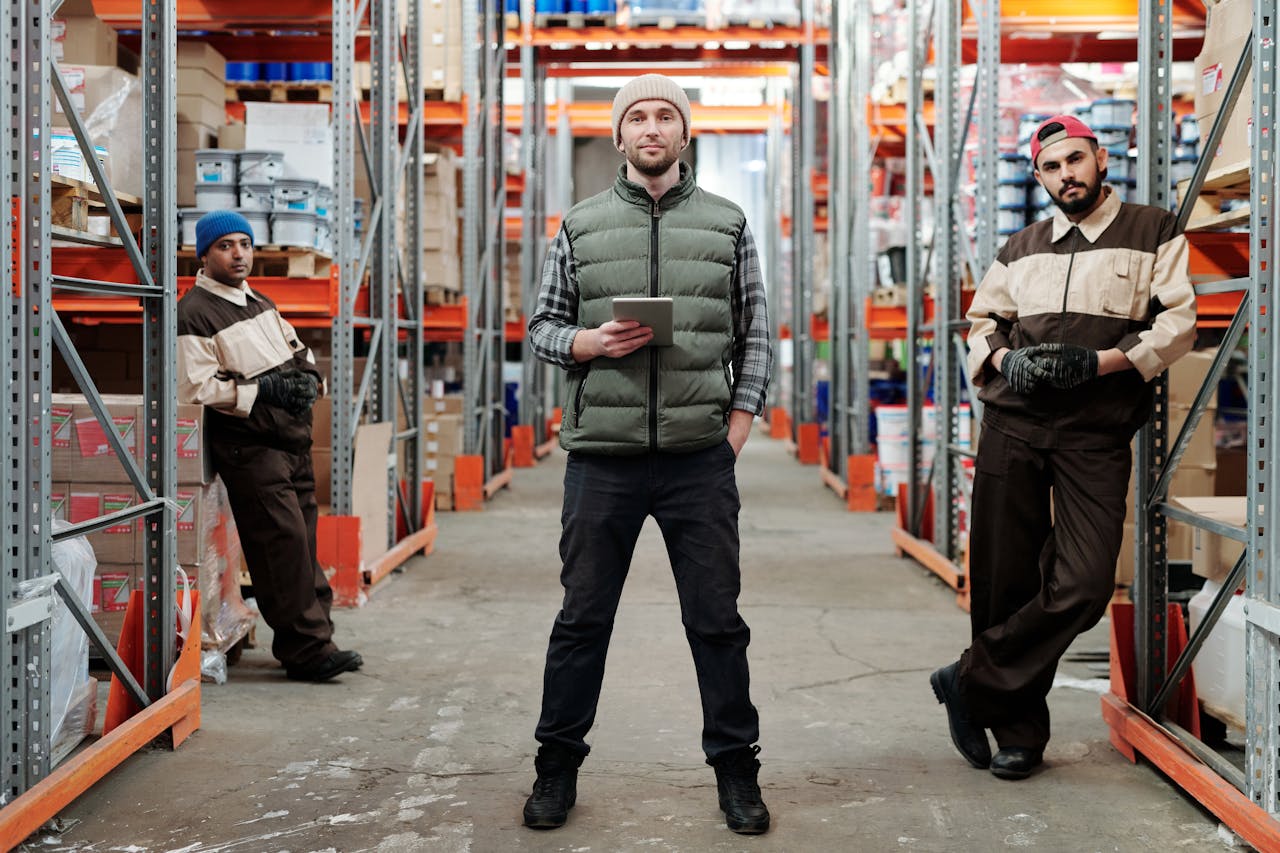
Discover how safeguards build trust in e-commerce. From transparency to redundancy, safety-first principles boost customer confidence.
Safety is a universal priority. It matters at home, at work, and in business. When people feel secure, they are more willing to engage, trust, and commit. This idea applies just as much to seniors relying on personal safety devices as it does to customers buying from an online store. Both situations depend on safeguards that build confidence.
In everyday life, solutions like Life Assure offer peace of mind through reliable emergency response systems. In the e-commerce world, safeguards play a similar role, keeping operations running smoothly and preventing small issues from becoming big problems. The mindset is the same: prepare, protect, and reassure.
Why “Safety First” Works Everywhere
Whether you are safeguarding a loved one’s health or protecting your brand reputation, safety principles overlap. In both cases, trust is at stake. People want reassurance that if something goes wrong, there is a plan in place. This is why “safety first” is not just a slogan. It is a practical strategy.
For seniors, a simple wearable alert device can be the difference between a quick rescue and a dangerous delay. For e-commerce sellers, the right safeguards can protect customer data, maintain uptime, and ensure orders are processed without disruption.
Transparent Pricing Builds Trust
One of the most overlooked safeguards in business is pricing transparency inventory manager. Customers want to know exactly what they are paying for and why. If there are hidden costs or unclear terms, trust starts to erode.
In the same way that medical alert services often advertise clear, contract-free pricing, online sellers can take a similar approach. Be upfront about costs, shipping fees, and return policies. This openness can prevent customer frustration and reduce complaints.
Transparency is not just good ethics. It is good business. People are far more likely to return when they feel treated fairly.
Redundancy Prevents Costly Disruptions
In safety technology, redundancy is a backup plan. Medical alert devices may have multiple ways to send signals, ensuring help can still be reached even if one system fails. The concept is just as valuable in online selling.
For e-commerce, redundancy might mean having mirrored servers to prevent downtime, backup payment gateways to avoid failed transactions, or multiple suppliers for key products. Each backup adds a layer of security against the unexpected.
Without redundancy, a single failure can stop operations. With it, you can adapt quickly and keep customers happy.
Responsive Alerts Keep Things on Track
Alerts are essential in both safety and commerce. In the personal safety world, this might mean a fall detection system that sends an immediate call for help. In e-commerce, alerts can signal low inventory, suspicious transactions, or shipping delays.
The speed of these alerts matters. A delayed warning could mean a lost sale or a damaged reputation. Automated notifications, whether they are for staff or customers, allow problems to be addressed quickly.
For example, if a popular product is running low, an alert to your inventory manager ensures a timely reorder. If a payment fails, an instant notification can prompt the customer to try again before abandoning their cart.
Building Customer Confidence Through Safeguards
Safeguards are more than just tools. They are signals that you value your customer’s experience. When buyers see evidence that you have systems to protect their data, fulfill their orders, and address problems fast, they are more likely to return.
Practical ways to show this include:
- Displaying clear security badges or certifications
- Offering real-time order tracking
- Providing customer support that responds quickly
These are the online equivalent of a visible safety device in a senior’s home. Both provide comfort by showing that someone is ready to help.
Learning from Real-World Safety Solutions
Personal safety systems are designed with the user in mind. They are simple, reliable, and quick to act. E-commerce safeguards benefit from the same design approach. A complicated or slow process can make customers lose confidence. A smooth, fast, and dependable one does the opposite.
Think of it as adopting a “safety culture” for your online store. It is not just about fixing problems. It is about preventing them and making customers feel secure at every step.
Safeguards as a Competitive Advantage
Many businesses see safeguards as a cost. In reality, they can be a selling point. Shoppers who know their information is safe, their orders will arrive on time, and their concerns will be addressed quickly are more likely to buy from you instead of a competitor.
The same principle is true for seniors choosing a personal safety device. They will often choose the option that feels the most reliable and transparent, even if it costs slightly more. Confidence is worth paying for.
Final Thoughts
The phrase “safety first” applies to far more than emergency situations. It is a way to build trust, reduce risks, and create positive experiences. From the home of a senior wearing a medical alert pendant to the checkout process of an online store, safeguards make life smoother for everyone.
For e-commerce sellers, adopting safety principles means more than adding security software. It is about creating an environment where customers feel protected and respected. That feeling can lead to loyalty, referrals, and long-term success.
Was this news helpful?







 Yes, great stuff!
Yes, great stuff! I’m not sure
I’m not sure No, doesn’t relate
No, doesn’t relate



